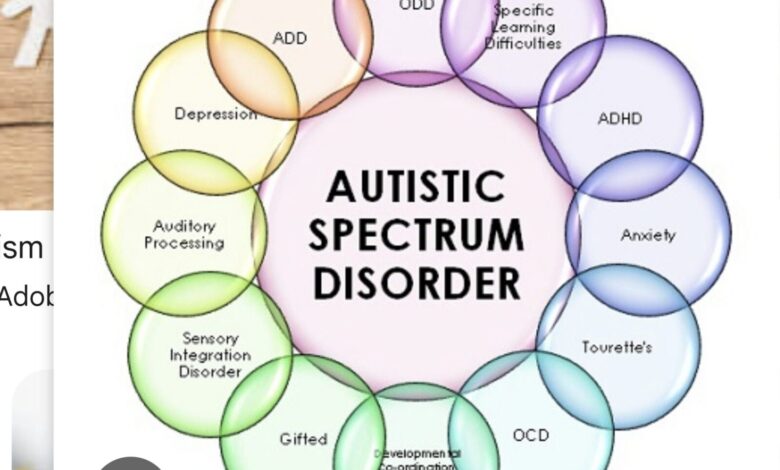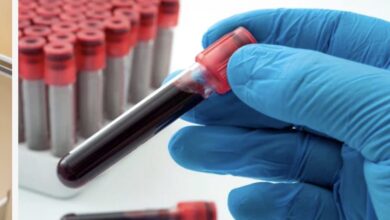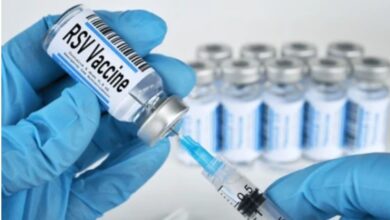TYLENOL AND AUTISM: UNCERTAINTY REMAINS

When President Trump and Health And Human Services Secretary, Robert F. Kennedy, Jr. made the announcement about the association of Tylenol taken during pregnancy and autism, they made it sound like they “had the goods on acetaminophen.” They spoke with a degree of confidence that made me wonder if they were right. However, everything I had read from several other sources did not establish a cause-and-effect relationship, and left me thinking more investigation was needed. That has been the consensus of those who have studied the roots of autism. In fact, in a December 2024 review “the authors concluded that in utero exposure to acetaminophen is unlikely to confer a clinically important increased risk of childhood ADHD or Autism Spectrum Disorder.” Recently, HHS has also stated that “evidence does not definitively establish causality, but consistent associations raise concern.”
Acetaminophen has been given to children for the treatment of fever since 1982 when it was discovered that aspirin given to children during the flu or chicken pox caused a very serious condition called Reye’s syndrome. Reye’s was potentially fatal because it caused brain swelling and liver failure, two problems that are devastating to infants and children. So acetaminophen (Tylenol) became the safe alternative. It was also deemed safe to take during pregnancy so it’s use increased in the ‘80’s. About this time, “autism rates began to rise sharply.”
It is interesting that during the two episodes in the 1980’s when Tylenol capsules were tampered with and laced with cyanide, “brief declines in autism rates followed.” Public fear led to temporary drops in the use of Tylenol, and at the same time a lull in new cases of autism.
In 2015, a comprehensive review found a mild correlation between prenatal acetaminophen and ADHD in children, but concluded data to establish acetaminophen as a cause were insufficient. On the other hand, a 2016 review of prenatal exposure concluded that ADHD may be dose-dependent, but more study was needed for confirmation. In 2021, the Society of Obstetricians and Gynaecologists of Canada issued a statement saying evidence for the causal connection was weak. Finally, in 2024, a study showed marginally increased risk for autism and ADHD due to a dose-response relationship between Tylenol and Autism Spectrum Disorders; the higher the dose, or intake, of acetaminophen, the greater the chance of autism, ADHD, and intellectual disability.
There is so much research into the cause of autism that everyone is confused about the validity of the results. Some studies say acetaminophen taken during pregnancy increases the risks of autism, while others that conclude there is no correlation. But overall, research has yet to reach a definitive conclusion about acetaminophen in pregnancy. A growing number of studies, though, have linked its use to adverse neurodevelopmental outcomes, including autism. While high level government executives have told Americans acetaminophen is the cause, FDA experts say “all of the studies we reviewed had potential limitations in their design,” and that “prevented reliable conclusions….further research [is] needed to confirm causality.”
Dr. G’s Opinion: There seems to be enough information available to be concerned about taking acetaminophen during pregnancy, and thus, it should be avoided. But research establishing a one-to-one causal relationship has yet to be reported. Ongoing studies may clarify the situation in the near future. In the meantime, avoiding acetaminophen during pregnancy is the right decision.
Reference: Hoption Cann SA. Acetaminophen and Autism: What Do the Data Suggest? Medscape 2025 October 8.




